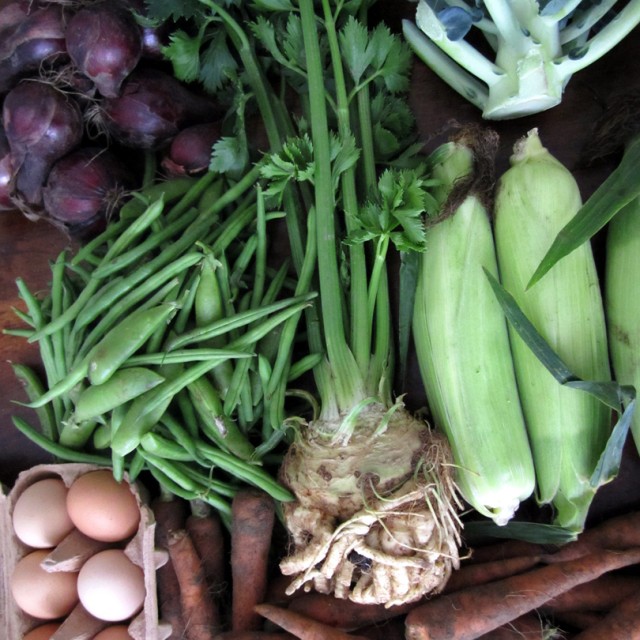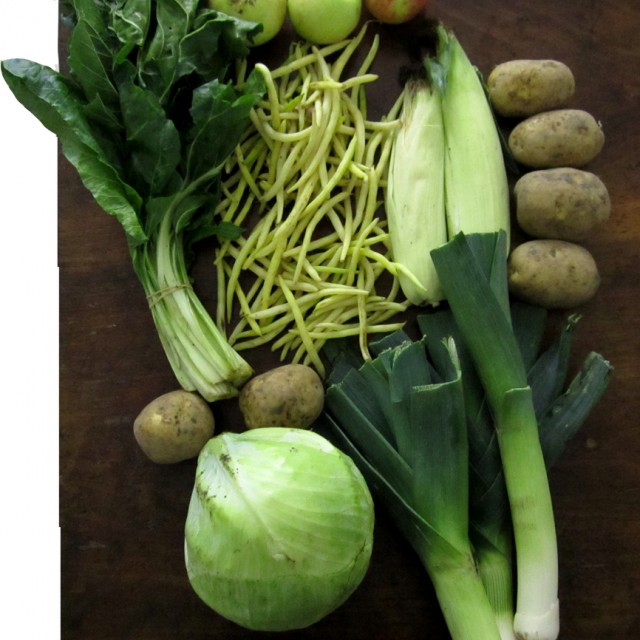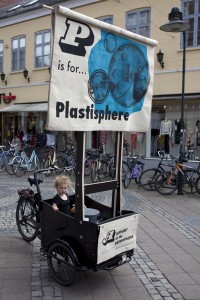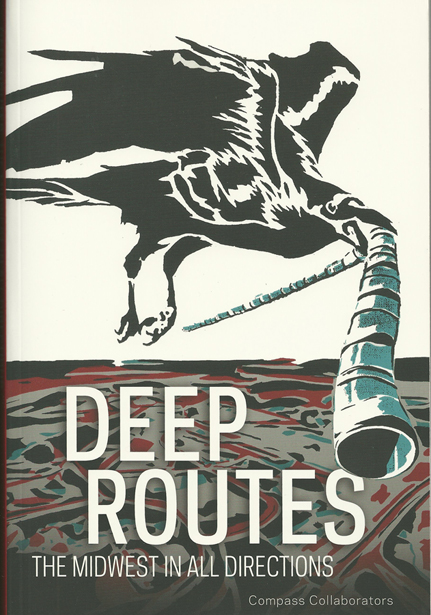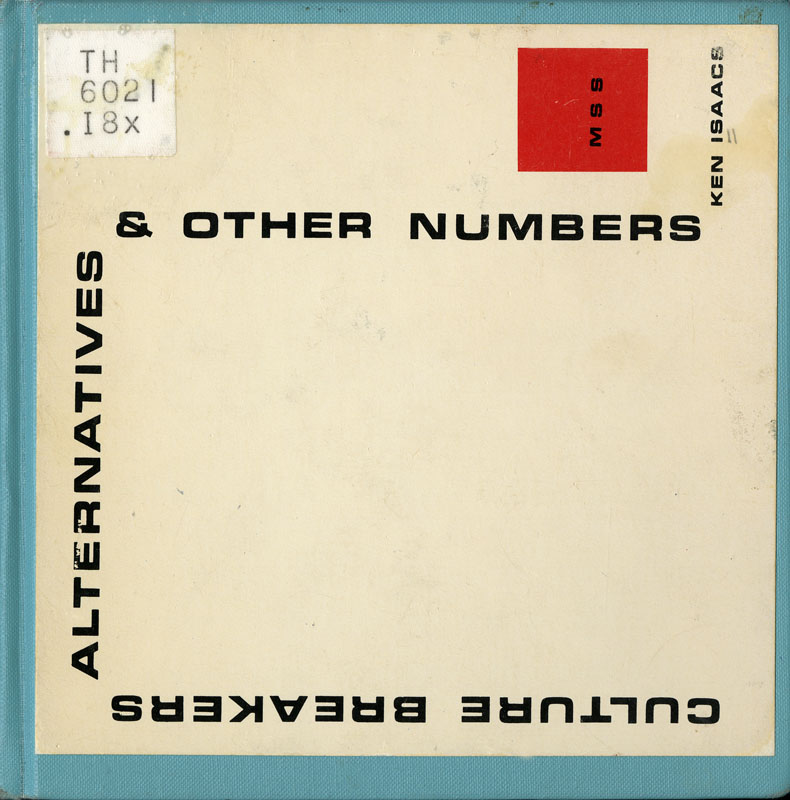Fødevarefællesskab
Fødevarefællesskab literally translates into “Food Community.” It is, in fact, a food co-op. Basically, a buying club style co-op. Every week members can pick up a huge bag of produce fresh from Danish farms. We joined the Fødevarefællesskab at the Nørrebro location. Joining means that you pay 100DKK/week and volunteer 3 hours per month to work.
Here is our first bag:
It contained standard summer veggies except for the large celery root, which I misidentified as a rutabaga. Root vegetables are important part of Danish agriculture because of the climate. Apparently, you can use a celery root like you might use carrots or potatoes. When I thought it was a rutabaga, I found a recipe for French-fried rutabaga and made fries from the “rutabaga.” An okay way to use the celery root, but I think maybe it would have been better in a soup.
Here is our second bag:
Chard, cabbage, leeks, potatoes, beans, apples.
The Fødevarefællesskab has not been around the city that long, but it is insanely popular. Often, they don’t have enough work hours for all community members to volunteer. It started in April of 2010 and we moved to Copenhagen in August 2010. At that time there was only the Nørrebro and Amager locations. Now, there are enough members and interest to support five locations.
According to bylaws, the co-op started to support affordable organic food, learning about where your food comes from, eating seasonally, and creating a local community around food. The bylaws not only describe wanting to create a sustainable food culture, but also a sustainable economic culture. Meaning that members are creating a food system based on direct relationships with farmers, and not dependent on the whims of a market economy. Where good food that doesn’t have to travel far is part of everyday life and not seen as a specialty item- creating a long term culture around where food comes from.
This is especially interesting in a northern country where the geography is either an island or a peninsula. In the winter, the produce bags are predominately full of root vegetables. What would it look like if no food was shipped to Denmark from other parts of the world and local food meant subsisting on what could be grown here?
We are super excited to support this local project. We were missing our old co-op. Even though the co-op culture is new to Copenhagen, it’s already seeing a lot of local support and interest.
Radio Aktiv Sonic Deep Map (2013)
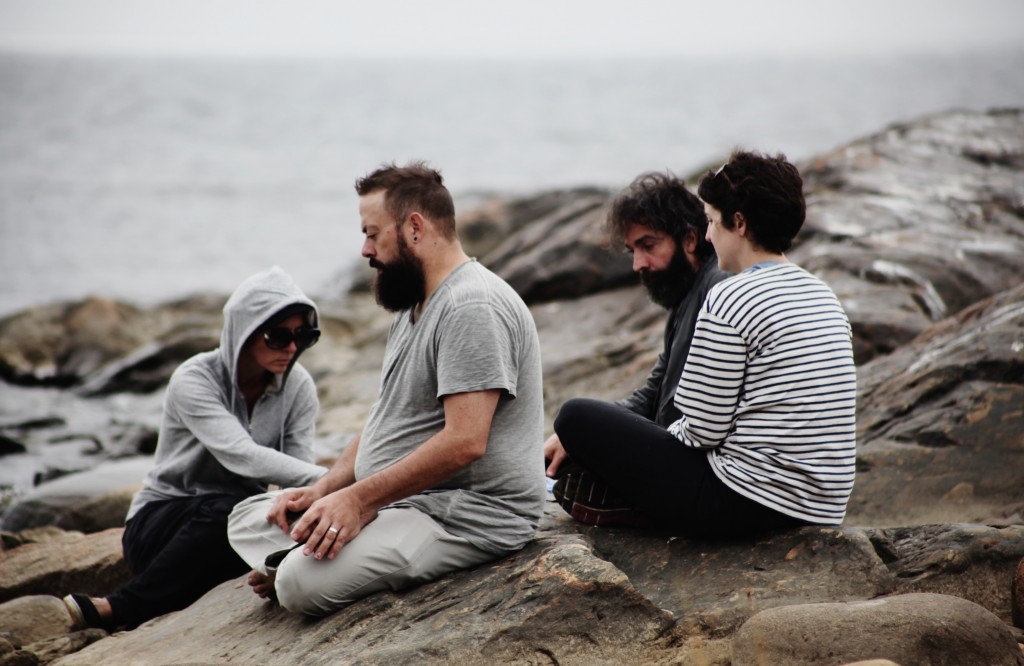
SUPERKILEN – Extreme Neoliberalism Copenhagen Style
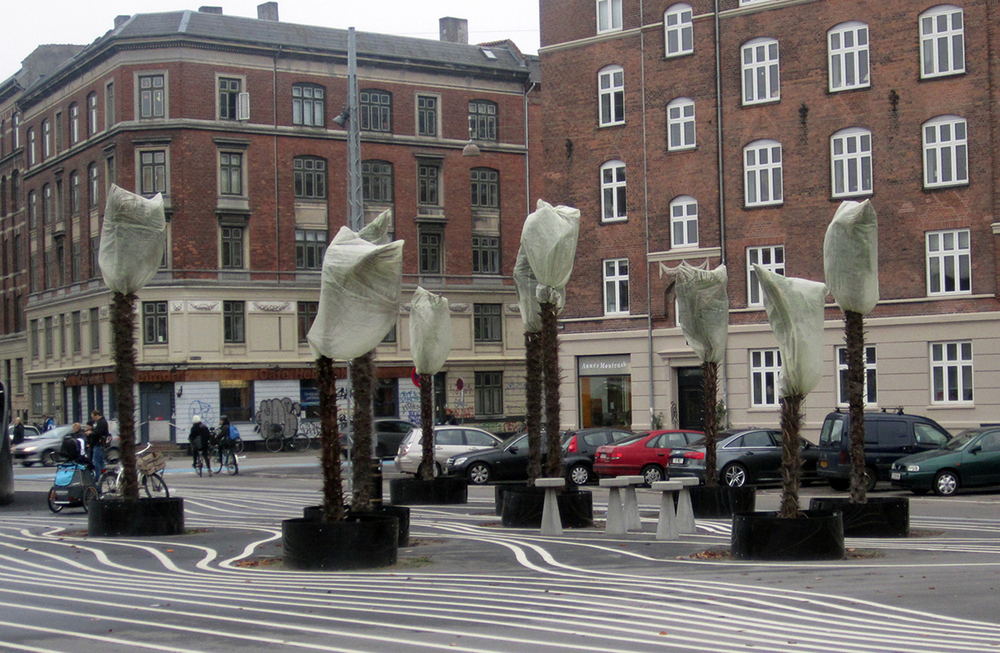
Read Brett's essay about the park.
Download our guide:
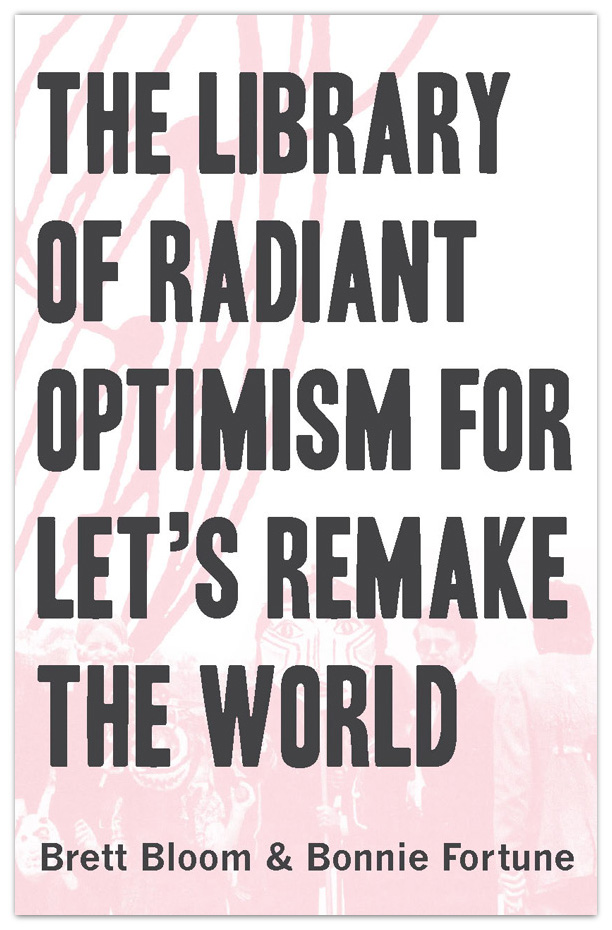
This is our guide to how-to books from the counterculture of the 60s and 70s. Click to get the download page.
Categories
- Agriculture (11)
- Animal sounds (1)
- Artist parents (19)
- Arts and culture (106)
- Bees (3)
- Book reviews (14)
- Books (18)
- Critical essays (5)
- Daily Photo (5)
- Design (36)
- Dirt (11)
- Environmental activism (43)
- Exhibitions (24)
- Farms (11)
- Forest (7)
- Friday connect (15)
- Growing (42)
- Habitat (38)
- Homesteading (16)
- Interviews (15)
- Kitchen (14)
- Living structure (9)
- MISC (15)
- Mythological (2)
- Neighborhood (83)
- Ocean News (1)
- Our Art Work (21)
- Personal – Design/Art (3)
- Play (2)
- Playground (4)
- Projects (21)
- Public space (53)
- Resilience (13)
- Sea Side (2)
- Sojabønner (2)
- Tofu (8)
- Vermont correspondence (7)
- Water (3)
- Wednesday picture (31)
- Workshop (1)
Video interview:
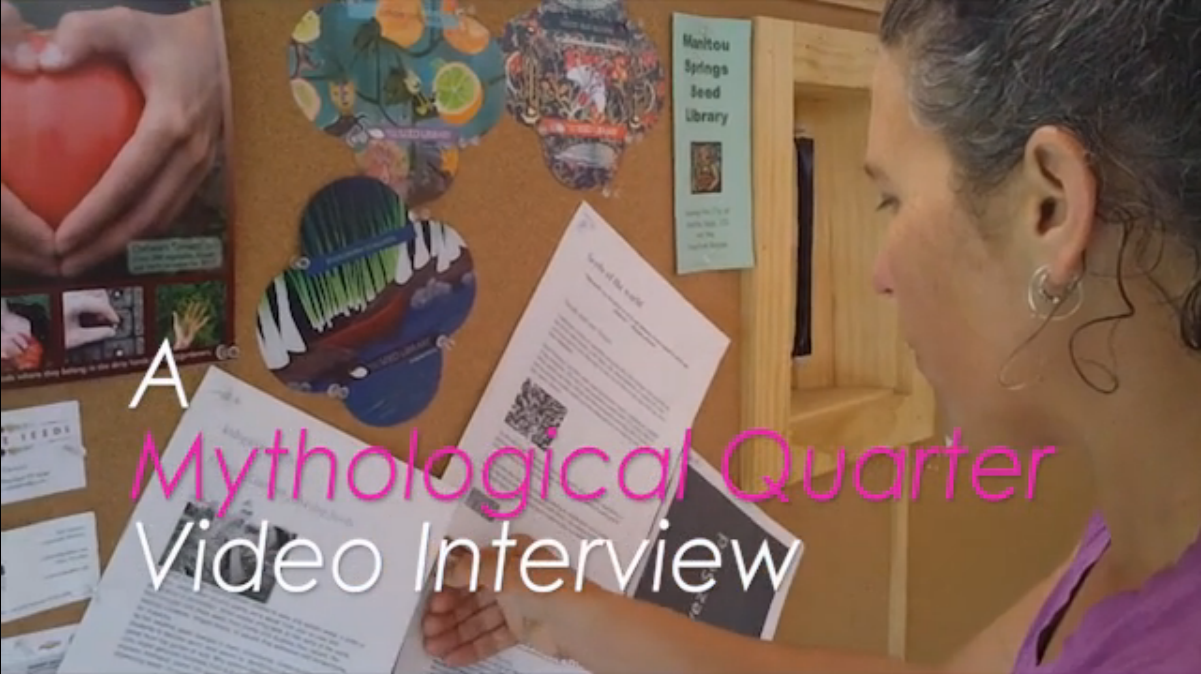
Watch our interview of SeedBroadcast, a mobile project that is part seed library and part seed-saving-story-collecting machine-recording the stories of seed saving, farming, and food sovereignty work being done around the US.
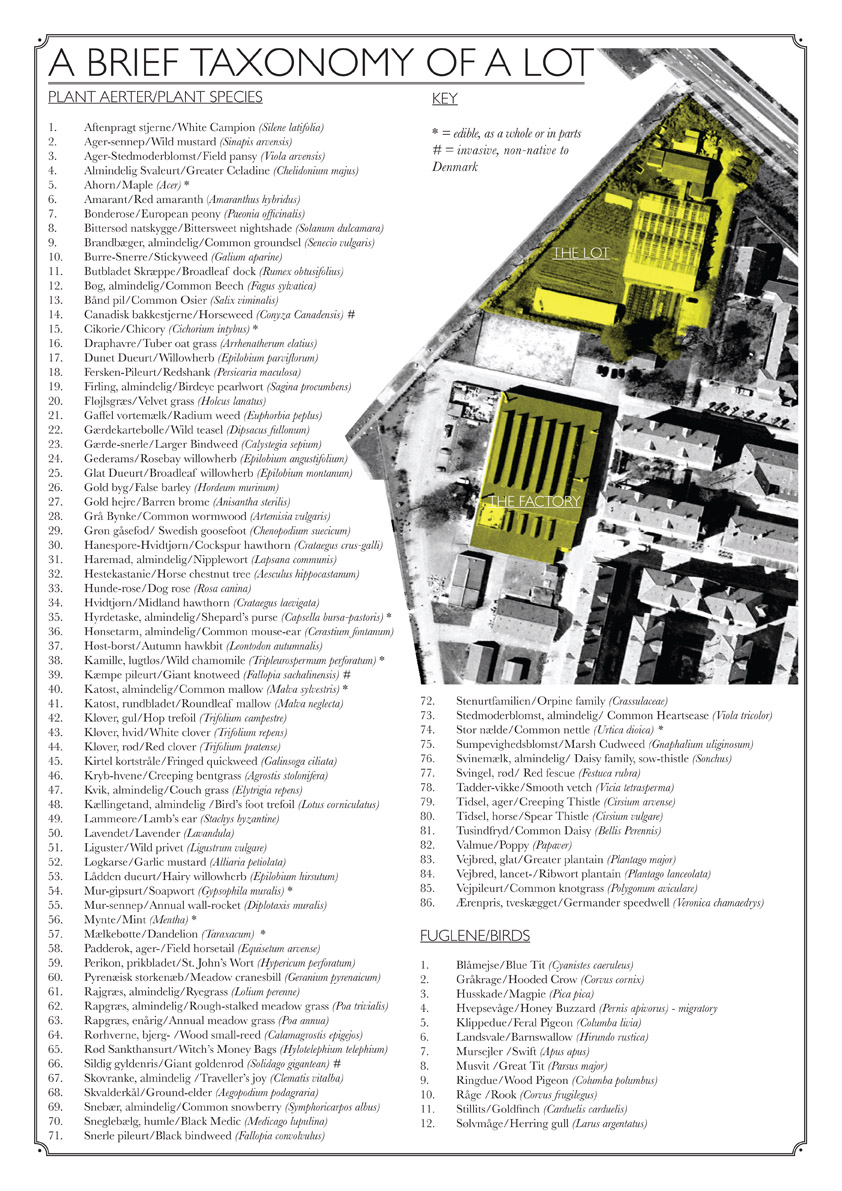
Download a poster Bonnie made about biodiversity in a vacant lot in the Amager borough of Copenhagen, in collaboration with biologist, Inger Kærgaard, ornithologist, Jørn Lennart Larsen and botanist, Camilla Sønderberg Brok: A BRIEF TAXONOMY OF A LOT
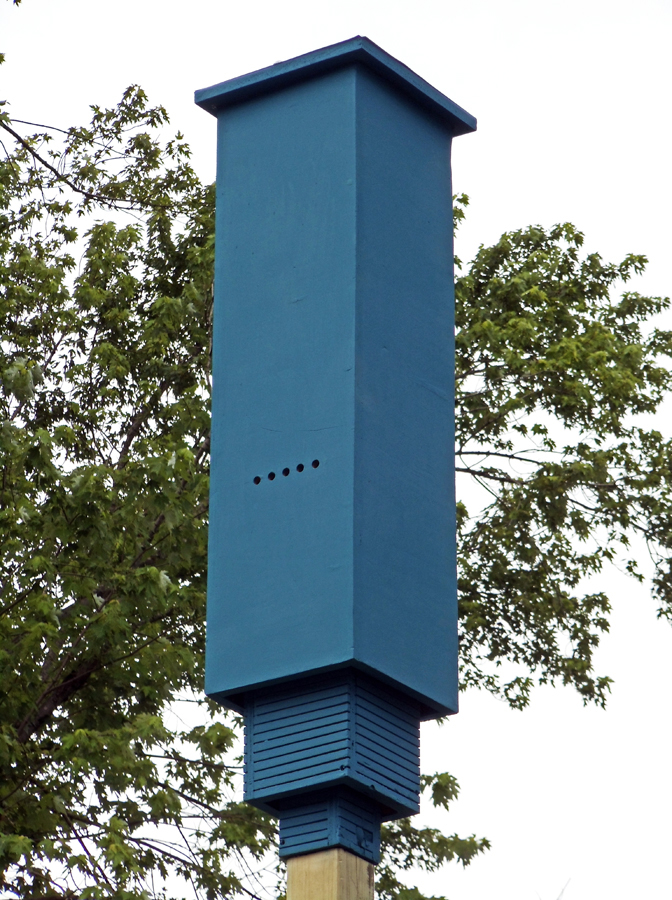
We made and installed a network of bat houses in Urbana, Illinois, to support the local and regional bat population, but also to begin a conversation about re-making the built environment.
READ MORE
BOOK REVIEW:
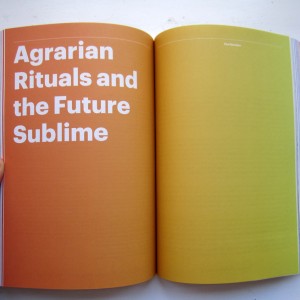
We write often about artists and art groups that work with putting ‘culture’ back in agriculture. Here is a new favorite: myvillages, a group of three women based in Germany, the Netherlands, and the UK. Read more...
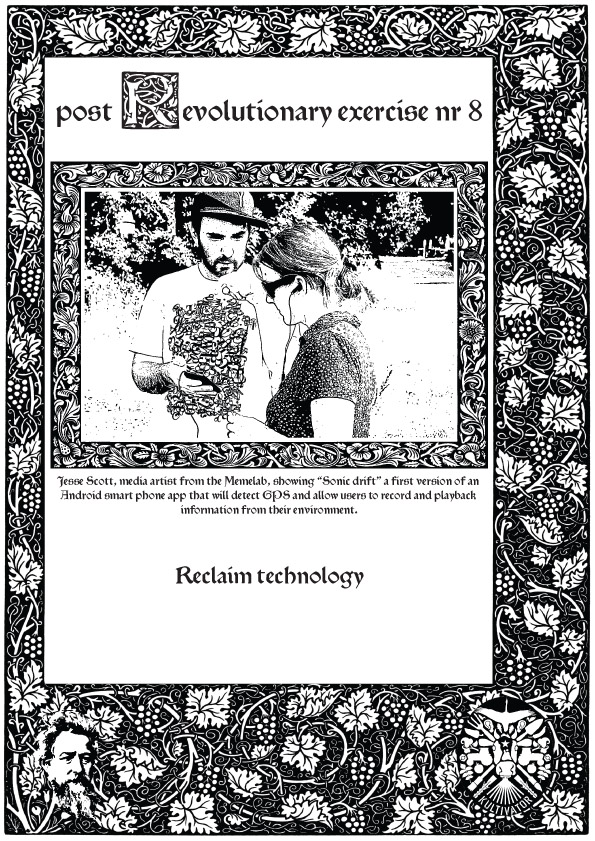
Post Revolutionary Exercises
We really admire the dedicated hard work of Kultivator who seeks to fuse agriculture and art in their work. Click this sentence to get a PDF of their poster collection called "Post Revolutionary Exercises."
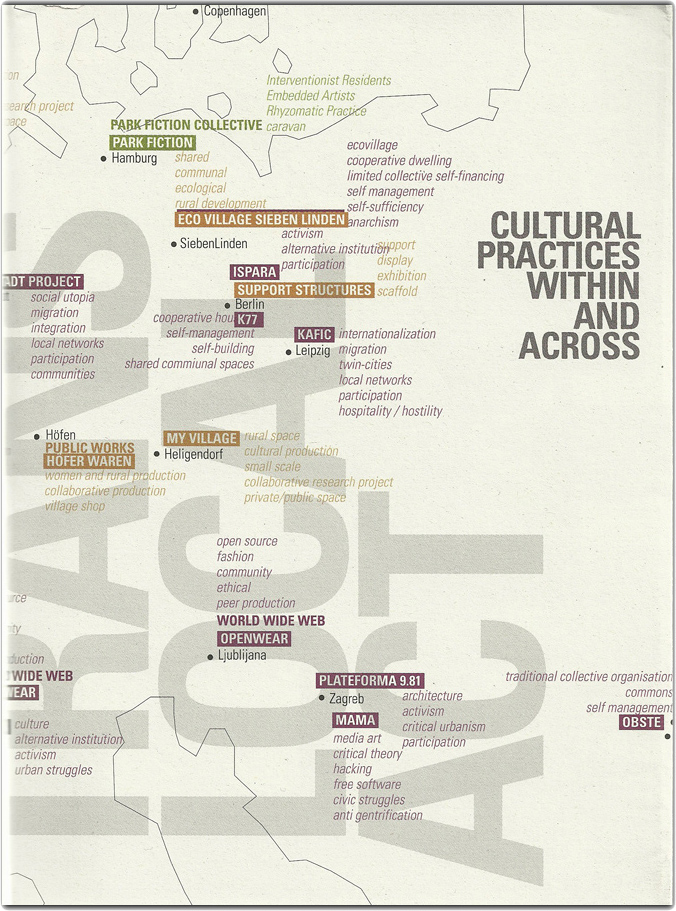
Cultural Practices Within And Across
This amazing book networks urban and rural resilience and sustainability projects around the world. Deeply inspiring projects in Romania, Paris, San Francisco, and elsewhere.
• Read our review of the book.
• Buy the book.
• Download the book.

